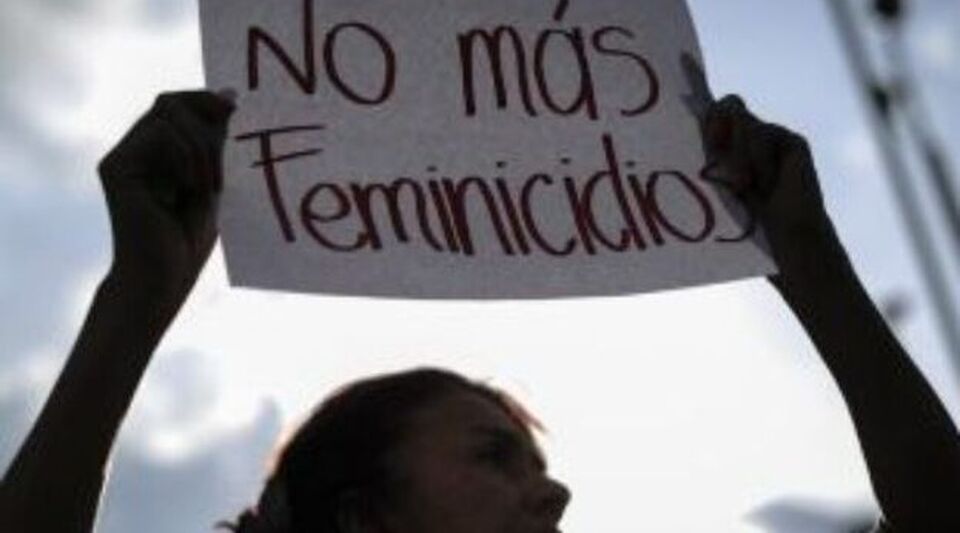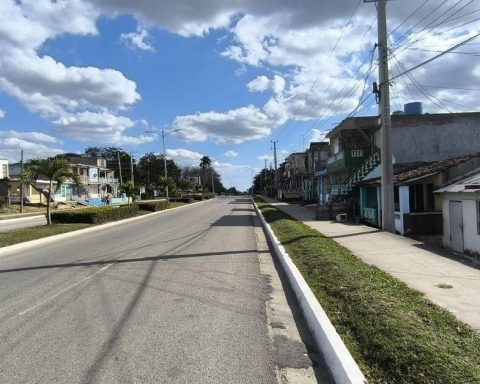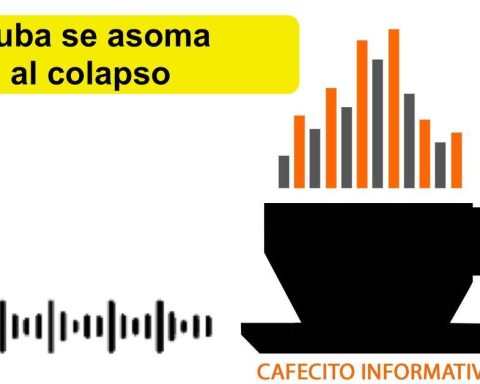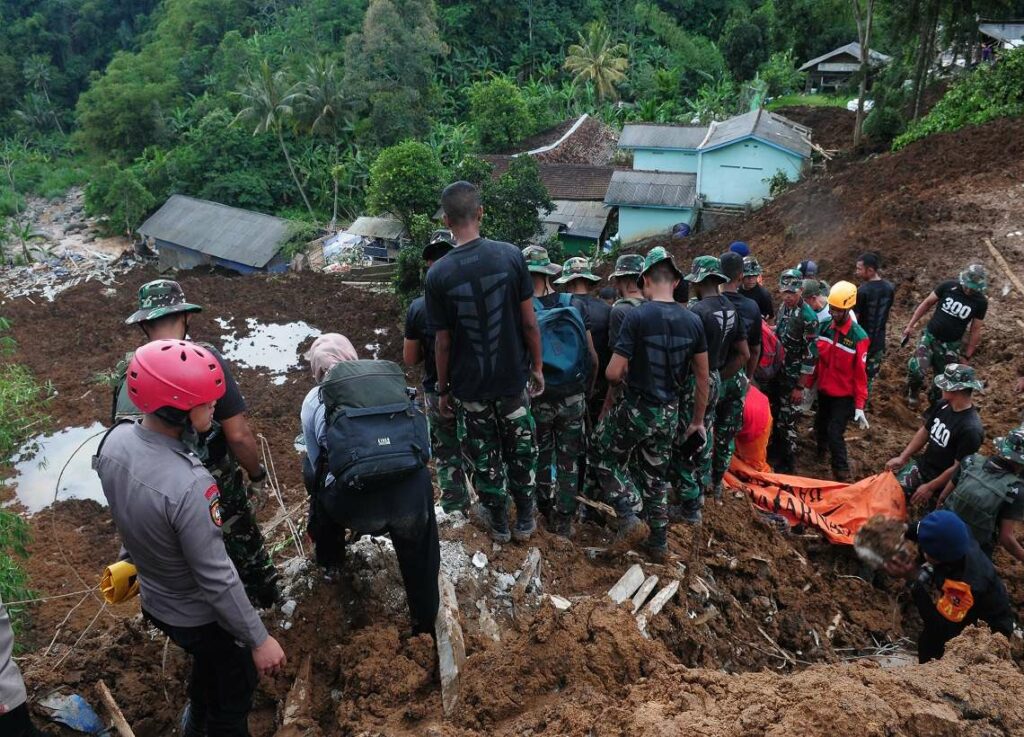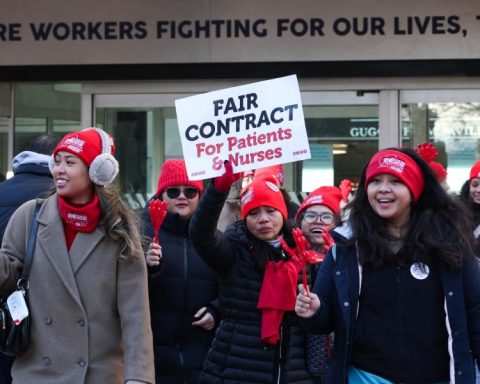The International Day for the Elimination of Violence against Women is almost absent in the official Cuban press. A few lines in the regional press, but not a single one in the national press about a scourge that has already claimed the lives of 33 women on the Island so far this year, and that without the official count, which does not exist either. From the eight pages of the Communist Party newspaper Granmafour are entirely dedicated to Fidel Castro, who died on this day six years ago, in addition to half a cover.
The leader of the Cuban Revolution has not left a loophole to talk about thousands of Cubans who suffer violence in their homes, both physical and psychological. Neither of public policies aimed at putting an end to a problem that is closely followed by governments and institutions around the world.
There is, however, a gap to talk about the soccer World Cup that is being held in Qatar, where women are second-class citizens, and even a skirt to – taking advantage of the tournament – remember Maradona, “who today is just two years of say goodbye physically”, says the chronicler, without alluding, of course, to the complaints of a minor against the soccer star.
The ruling party has time to include some information related to 25N in its ‘online’ editions, but its exclusion from the printed editions symbolizes the real lack of interest that the Government has in this matter
The ruling party has time to include in its editions on-line some information related to 25N, but its exclusion from the printed editions symbolizes the real lack of interest that the Government has in this matter. The only related coverage, except for an opinion column published in the provincial press in previous days, was the announcement of a conference organized by Cenesex (National Center for Sexual Education), directed by Mariela Castro.
The center has become the spearhead of the messages that the regime tries to issue to international public opinion to align itself, presumably, with the progressive agendas of other Western governments, but the changes, when they arrive, do so late.
Something similar happened with equal marriage, defended by Cenesex since the constitutional reform began to be forged but postponed by the authorities to avoid an issue that was uncomfortable for them and caused a strong division of opinion in society. The rights of people regardless of their sexual orientation, vindicated at all costs this 2022 when asking for the yes for the Family Code, mattered less than wearing out socially.
Less explicable is the reluctance to take action against sexist violence. The sessions inaugurated yesterday by Mariela Castro are, in her own words, “to call attention to this problem, to reflect, to exchange points of view, investigations, concrete experiences, which allow working with specific actions to clarify and raise awareness about this phenomenon to lead to transformative social action.
The statements, far from reassuring, are more worrying. Cuba is still in the phase of “drawing attention” to the existence of a problem that has been occurring for decades –centuries– under the gaze of the entire population. And it is not that Castro revealed something unknown. Those who follow the matter know that the Government does not plan propose a Law against sexist violence before 2026according to your own schedule. The authorities published in December 2021 a Comprehensive strategy for prevention and attention to gender violence and in the family settingwhich contained measures to be taken until 2030 and which announced as one of its legislative objectives “to assess the relevance of designing a comprehensive standard that regulates the social response to violence against women and in the home.”
The document provides for an analysis of these actions in the mid-term (2026), so it is far from taking practical measures.
Meanwhile, independent associations such as Red Feminina de Cuba or Yo Sí Te Creo, are in charge of making their own list of the cases of femicide that come to their attention.
Meanwhile, independent associations such as Red Feminina de Cuba or Yo Sí Te Creo, are in charge of making their own list of femicide cases that come to their attention. The registry that would allow us to see the real scope of the problem simply does not exist officially. For comparison, the first year that victims of sexist violence in Spain began to be counted, in 1997, 33 women were murdered in that country, which had its worst year in 2008, with 75 deaths. The Spanish population is four times that of Cuba.
The most recent official data dates from the 2016 National Survey of Gender Equality, which revealed that 26.7% of Cuban women between the ages of 15 and 74 claimed to have suffered some type of violence in their partner relationship in the last few years. twelve months prior to the study and that only 3.7% of the victims requested institutional help.
Red Femenina de Cuba and Yo Sí Te Creo continue to unsuccessfully demand that the Government provide data on the murdered women, promulgate a law that protects them or modify the Penal Code to add aggravating factors and promote effective policies that put an end to serious situations, like those that lead to a woman continuing to have her attacker under the same roof as her and her children.
Yamila Batista, 36, is the last woman murdered in Cuba at the hands of her partner of whom there is news, this same Sunday, November 20. She is victim number 33 and the official press has not dedicated her time to any of them or to those who preceded them.
________________________
Collaborate with our work:
The team of 14ymedio He is committed to doing serious journalism that reflects the reality of deep Cuba. Thank you for accompanying us on this long road. We invite you to continue supporting us, but this time becoming a member of our newspaper. Together we can continue transforming journalism in Cuba.
